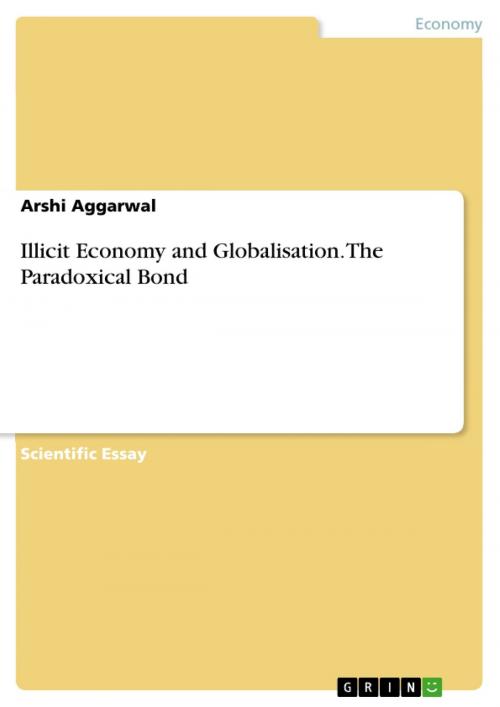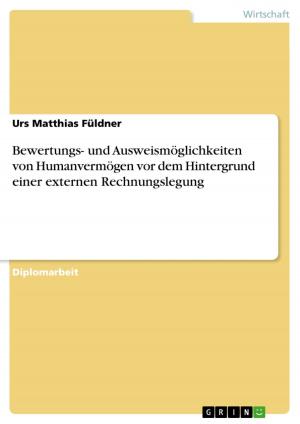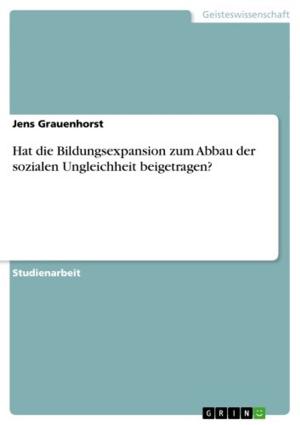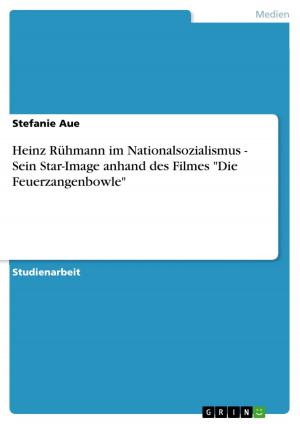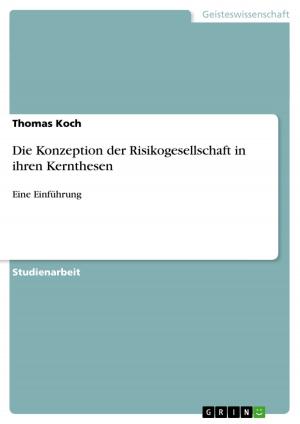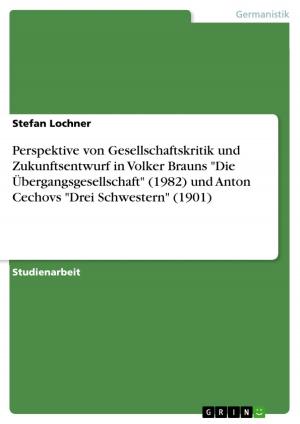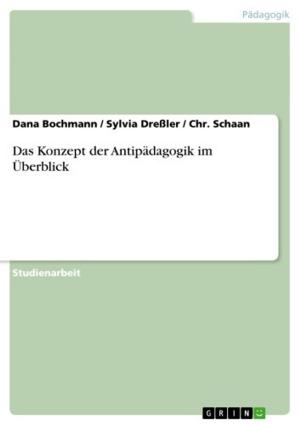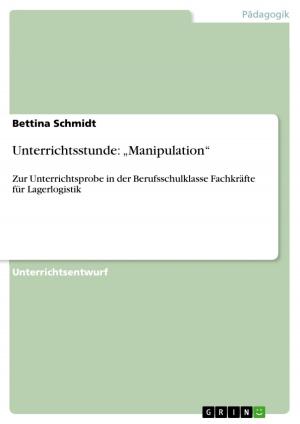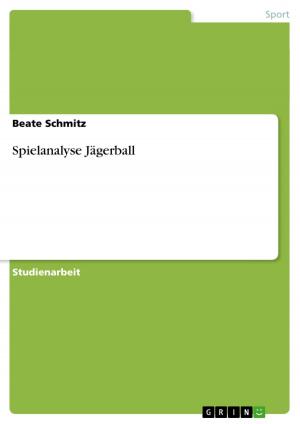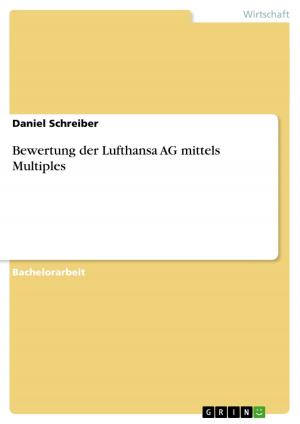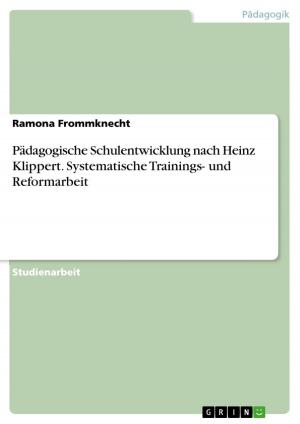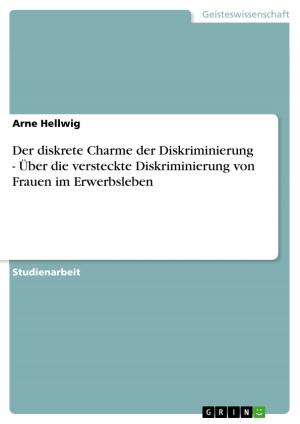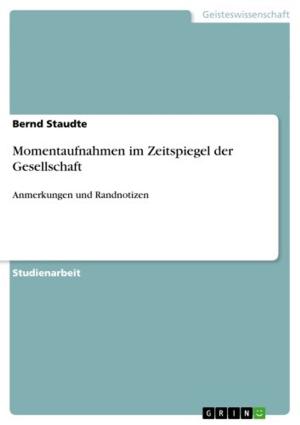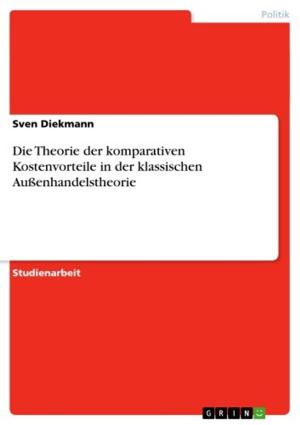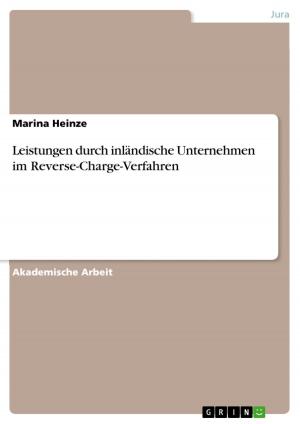Illicit Economy and Globalisation. The Paradoxical Bond
Business & Finance, Economics, International| Author: | Arshi Aggarwal | ISBN: | 9783656864936 |
| Publisher: | GRIN Verlag | Publication: | December 19, 2014 |
| Imprint: | GRIN Verlag | Language: | English |
| Author: | Arshi Aggarwal |
| ISBN: | 9783656864936 |
| Publisher: | GRIN Verlag |
| Publication: | December 19, 2014 |
| Imprint: | GRIN Verlag |
| Language: | English |
Scientific Essay from the year 2014 in the subject Economics - International Economic Relations, grade: 69, University of Sheffield (Department of Politics), course: The Political Economy of Globalisation, language: English, abstract: To cite an example of global illicit trade, a credit card fraud begins with a Vietnamese shopkeeper in USA as he swipes the customer card in a special fraud machine. This machine electronically transmits card details to Hong Kong crime syndicate, which collects the information from different ports in US to send it to Malaysia for manufacturing of fake credit cards. These cards are then couriered to Italy where another organised crime group sells them to their Russian counterparts in Czechoslovakia. Here these cards are used to make payments for several online orders in London, Paris and Rome; goods are then flown and sold in Moscow, Russia within 200 hours of first card swipe. According to an online estimate, the global illicit market value stands at US $1.78 trillion. The intricacies of its transnational web are far more complicated then its legal counterpart. This essay analyses the relationship between globalisation and clandestine economy of the globe.
Scientific Essay from the year 2014 in the subject Economics - International Economic Relations, grade: 69, University of Sheffield (Department of Politics), course: The Political Economy of Globalisation, language: English, abstract: To cite an example of global illicit trade, a credit card fraud begins with a Vietnamese shopkeeper in USA as he swipes the customer card in a special fraud machine. This machine electronically transmits card details to Hong Kong crime syndicate, which collects the information from different ports in US to send it to Malaysia for manufacturing of fake credit cards. These cards are then couriered to Italy where another organised crime group sells them to their Russian counterparts in Czechoslovakia. Here these cards are used to make payments for several online orders in London, Paris and Rome; goods are then flown and sold in Moscow, Russia within 200 hours of first card swipe. According to an online estimate, the global illicit market value stands at US $1.78 trillion. The intricacies of its transnational web are far more complicated then its legal counterpart. This essay analyses the relationship between globalisation and clandestine economy of the globe.
